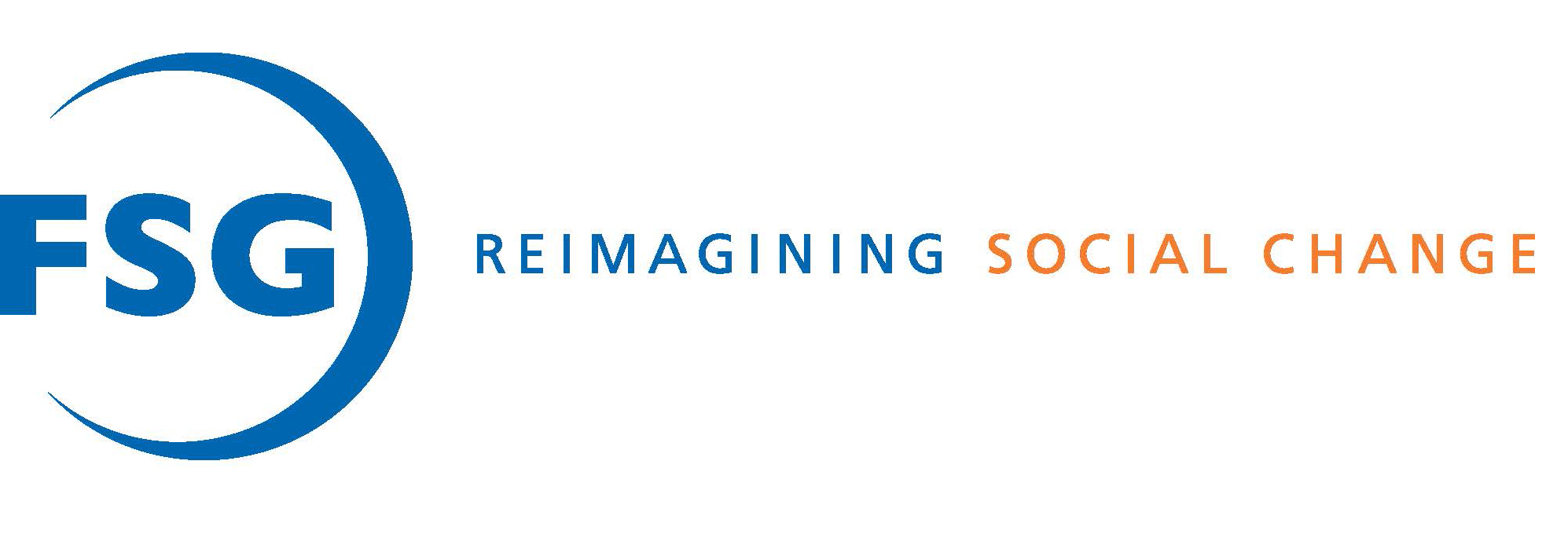Shared Value: the Questions Investors Need to Ask Companies
By asking the right questions, investors can factor shared value into decisions in a way that supports the financial bottom line, as well as benefiting society
Blog on the Guardian by Valerie Bockstette, director at FSG
As we learn more about shared value and its implications for different sectors, a frequently asked question is around what it means for investors. Writing in the Harvard Business Review, Michael Porter and Mark Kramer argue that shared value will "drive the next wave of innovation and productivity growth in the global economy." Put this way, it is clear that an understanding of one of the key drivers of growth is of utmost importance to investors.
The idea that a company's relationship to society should matter to investors is not new. The field of socially responsible investing (SRI) has been around for more than two decades and has progressively gained attention and assets under management (AUM). Recently released by the Calvert Trust, The Gateways to Impact report finds that US financial advisors would be willing to place $650bn, or 2.5% of total AUM, in SRI funds. Recent studies such as PWC's Do investors care about sustainability? have gone beyond this to highlight an explicit link between business results and concepts like corporate responsibility, sustainability and environmental, social and governance (ESG) metrics.
However, this effort has not broken through from the world of SRI to the mainstream investment environment. This is because the typical indicators used, while relevant for investors applying social and environmental screens to their investments, are not that helpful for picking financial winners.
As PWC's report points out, "most businesses have struggled with how to measure and track the impact of their sustainability activities on core business metrics… corporate efforts are not communicated in terms that can be built into investor valuation models and ultimately rewarded by the market."
Mainstream investors don't have time for analytical contortions that try to demonstrate a correlation between profitability and social and environmental metrics. Instead, asset managers need to take decisions on hard facts: value creation opportunities linked to top line growth, profitability, cash flow generation and long-term competitive advantage.
The good news is that factoring shared value into valuations is a straightforward process. Investors simply need to ask companies the right questions. While these might vary by company or industry, the four below offer a good starting point:
1. Where will future revenue growth come from? Namely geographies, demographic groups, etc.
2. How will (new) products and services reach these (new) markets?
3. How will access to and efficiency of resources (raw materials, employee talent, etc.) be guaranteed?
4. How stable are supply chain operations across different geographies?
In the pharmaceutical industry, for a company such as GlaxoSmithKline, the answer to the first question on revenue growth lies in a tailored shared value strategy around treating diseases in developing and emerging markets. The corresponding hard data for investors would quantify top-line growth potential and market share increases.
For Unilever as a consumer goods company, the answer to the market access question is a shared value strategy around building demand awareness and distribution channels in markets that are difficult to reach, and the corresponding hard data for investors would again quantify top-line growth potential and the value of new market creation.
For a manufacturing company like Alcoa, the answer to the resource question is a shared value strategy around ensuring the quality and efficient use of natural resources, and the corresponding hard data for investors would quantify cost savings potential, as well as the value of long-term access to resources that drive competitive advantage.
Finally, for a food company like Nestlé, the answer to the question concerning the operating context is a shared value strategy based on increasing the productivity of smallholder farmers, while the corresponding hard data for investors would quantify risk reduction and the value of developing the supply base required to meet top-line and margin growth ambitions.
Of course, shared value creation will never be front-of-mind for all types of investors. High velocity traders who look for arbitrage opportunities or news flow-driven market moves will continue to be less uninterested in shared value than other business fundamentals. But, by asking targeted questions about shared value, the mainstream investor community will be able to put the relationship between business and society where it belongs at the heart of their valuation models and investment strategies.
Valerie Bockstette is a director at FSG.
Read the original blog post on the Guardian here >>

